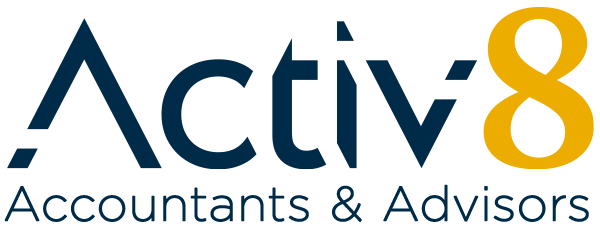From November 2021, company directors will need to verify their identity as part of a new director identification number (director ID) requirement.
A director ID is a 15 digit unique identifier that a director will apply for once and keep forever. This will apply to all company directors including if you’re a director of a corporate trustee of a self-managed super fund.
The aim is to help prevent the use of false or fraudulent director identities, and to make it easier to trace director relationships across companies. In particular, they are seeking to identify and eliminate involvement in actions such as illegal phoenix activity.
There are transitional arrangements for when you must apply by. Individuals who are currently a director or will be acting as a director in the future must apply for a Director ID based on the transitional arrangements specified in the table below:
Directors must apply for their director ID themselves because they will need to verify their identity. No one can apply on their behalf.
The new Australian Business Registry Services (ABRS) is responsible for the implementation and administration of director ID. ASIC will be responsible for the enforcement of associated offences.
When fully established, the ABRS will bring together the Australian Business Register and over 30 ASIC registers. This work is being delivered under the government’s Modernising Business Registers program. Visit the ABRS website for more information.
Please note – if you are a company director and Activ8 is your ASIC Agent, we will be in touch with instructions on how to obtain your Director ID in due course.




